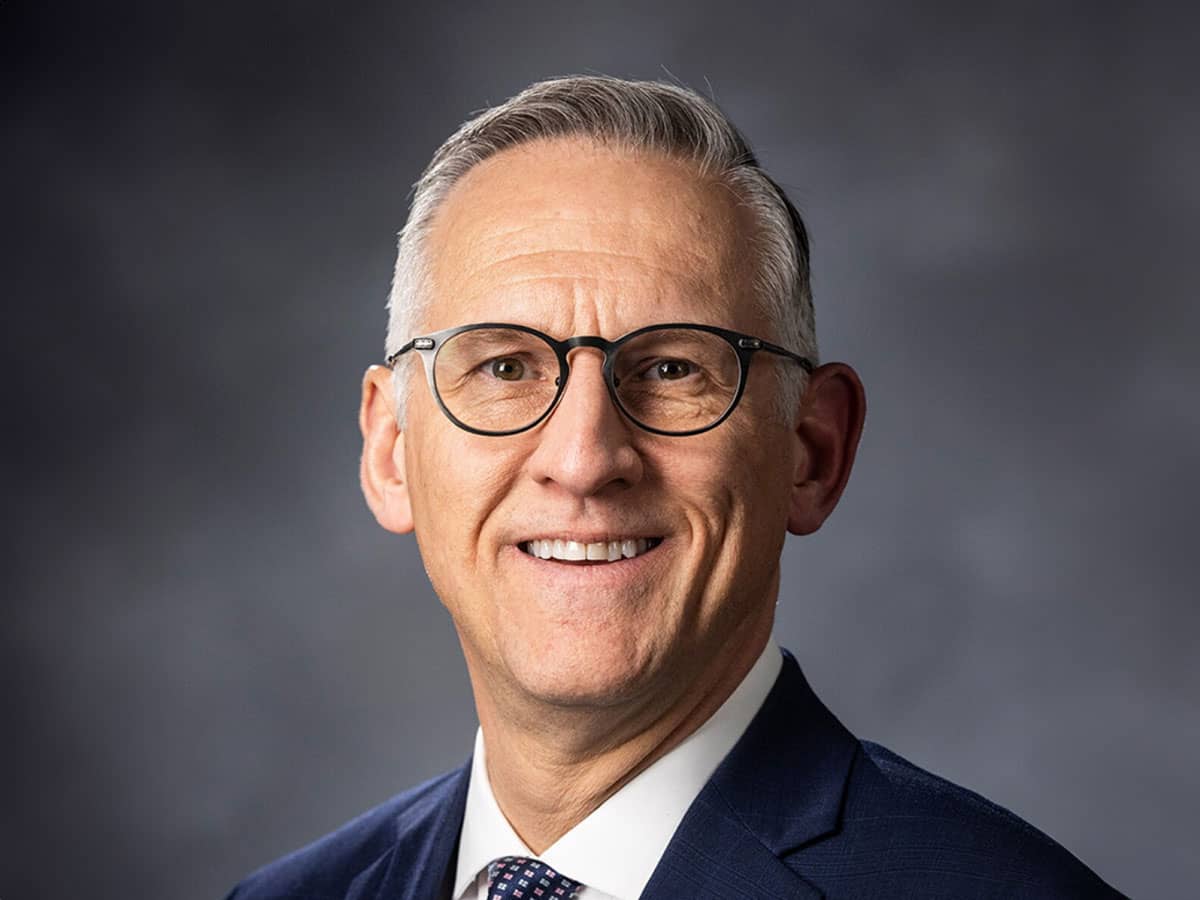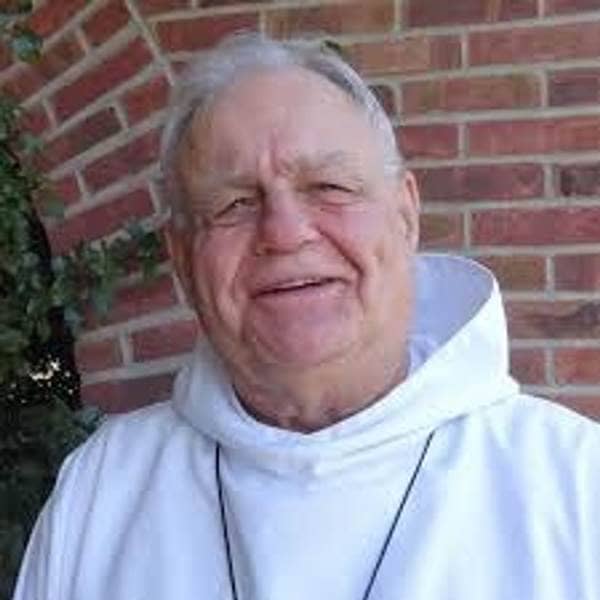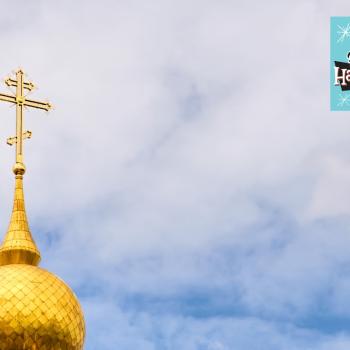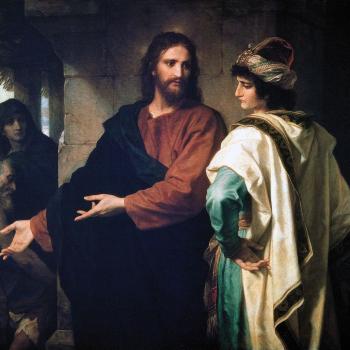1 I was glad when they said unto me, Let us go into the house of the Lord.
2 Our feet shall stand within thy gates, O Jerusalem.
3 Jerusalem is builded as a city that is compact together:
4 Whither the tribes go up, the tribes of the Lord, unto the testimony of Israel, to give thanks unto the name of the Lord.
5 For there are set thrones of judgment, the thrones of the house of David.
6 Pray for the peace of Jerusalem: they shall prosper that love thee.
7 Peace be within thy walls, and prosperity within thy palaces.
8 For my brethren and companions’ sakes, I will now say, Peace be within thee.
9 Because of the house of the Lord our God I will seek thy good.
The Significance of Psalm 122
The 122nd Psalm is a hymn composed somewhere around 1,000 BCE by David, the monarch over the United Kingdom of Israel—who served as its leader from approximately 1010 BCE to 970 BCE. In this psalm, the king sings of Jerusalem, destined to become the sacred city of the Jews, Christians, and Muslims. In its three stanzas, David first sings of the bliss he feels on arriving in the sacred city. In the second verse he tells of why one should make a pilgrimage to the holy site. And finally, in his third verse, he pronounces a blessing on Jerusalem. King David speaks longingly of “the house of the Lord,” and thrice petitions for “peace” on behalf of Jerusalem and for those who dwell therein. (See Psalm 122:6-8)
Jerusalem in Abrahamic Religions
In the simplest of terms, the city of Jerusalem has been perceived as sacred by various peoples and different religious traditions for millennia. For Jews, not only is it the location where the Patriarch Abraham went to offer up his son, Isaac, but it was also the location of Solomon’s temple, Zerubbabel’s temple, and Herod’s temple. Today, the Western Wall—the former retaining wall of the temple mount—is the most sacred site on earth to Orthodox Jews. For Christians, the city is holy because it is the location at which several significant events in the life of Jesus took place, in addition to being central to much of the narrative of the Christian “Old Testament.” Being the location of Christ’s preaching, healing, crucifixion, and resurrection, the city is the location of the most important events surrounding the founding of the faith. For Muslims, Jerusalem is the third most sacred site upon the planet—after Mecca (the place of the Prophet’s birth) and Medina (the location of the Prophet’s grave). It was from the spot on which the Dome of the Rock now stands that the Prophet Muhammed (PBUH) ascended into the presence of Allah. Thus, the Prophet’s call as God’s final Messenger has its roots in the sacred city of Jerusalem.
Owing to its rich and detailed history, it is not surprising that Jerusalem is a broadly popular and sacred site for many religions. Not unlike parts of India, which are holy to Hindus, Buddhists, Jains, and a few other traditions—Jerusalem is central to all three Abrahamic faiths, and to nearly half of the world’s population. But why does King David plead that we “pray for the peace of Jerusalem,” and how does that petition pertain to our day?
The Historical Importance of Jerusalem
Historically speaking, Jerusalem has been a coveted spot. In its long and complex history, it has been attacked fifty-two times, besieged some twenty-three times, captured and recaptured forty-four times, and destroyed twice. From the fourth millennium BCE until today, various groups have taken their turn at occupying and ruling it, including the Assyrians, Babylonians, Persians, Romans, Turks, Egyptians, and Christian Crusaders. It has changed hands repeatedly, and the words of King David’s prophetic psalm intimate that he might have had some inkling of what was to come, since he himself had conquered the Holy City, taking it away from the Philistines (who had previously occupied it).
King David's Plea for Peace
Owing to how many times this sacred city has been sacked, conquered, and even destroyed, it has hardly seen much of peace. And yet, David engages in a bit of wordplay in his song, saying “Pray for the peace [shalom] of Jerusalem [city of shalom/peace].” In essence, David prays that the city named “peace” should be a place of “peace”—though its history evidences that it has been the exact opposite of that. And here we are today, with the city of Jerusalem, in the midst of the nation of Israel, in the land of Palestine, embroiled once again in conflict. Innocents on both sides are dying, as the repetitious riots of the region once again ravage the people, the land, and the lives of the innocents.
Jerusalem in Eschatological Beliefs
Judaism sacred canon foresees Jerusalem as the site of a massive battle that is to take place in the last days. (See Ezekiel 38) Often referred to as the “battle of God and Magog,” that yet-future war and the holy city of Jerusalem are expected to play significant roles in the last days of this earth’s existence. Similarly, in Christian eschatology, there is also a belief that Jerusalem will be part of the “wrapping up” scene. Many believe it will be to Jerusalem that Jesus will come upon His return. And, for Muslims, who also believe in the second coming of Jesus, this sacred city is at the center of the events they believe will happen near the end of the world.
Pray for the Peace of Jerusalem Today
Whether one reads the Hebrew Bible, the New Testament, or the Qur’an, the message about Jerusalem seems the same. It will be central to the events of the last days, and part of those events will include significant chaos and the loss of life—coupled with the fall of “false religion” and the destruction of what Muslims and Christians call the “Anti-Christ.” With the recent events unfolding in the “Holy Land,” David’s plea that we “pray for the peace of Jerusalem” may be more pertinent than ever. And owing to all that’s currently happening in the region, it is hard to not wonder whether the wild eschatological events predicted in the sacred scriptures of all three Abrahamic traditions are actually starting to be fulfilled in real time, right before our eyes. Yes, “pray for the peace of Jerusalem.” It has always been a place of conflict, but the people of that city and the surrounding region need our prayers now more than ever!
11/6/2023 10:23:30 PM











